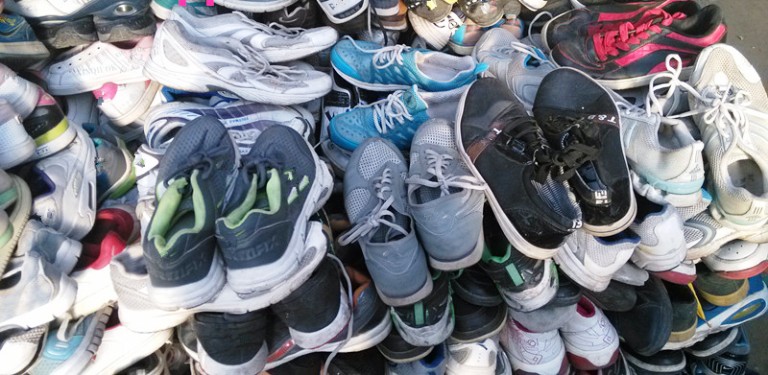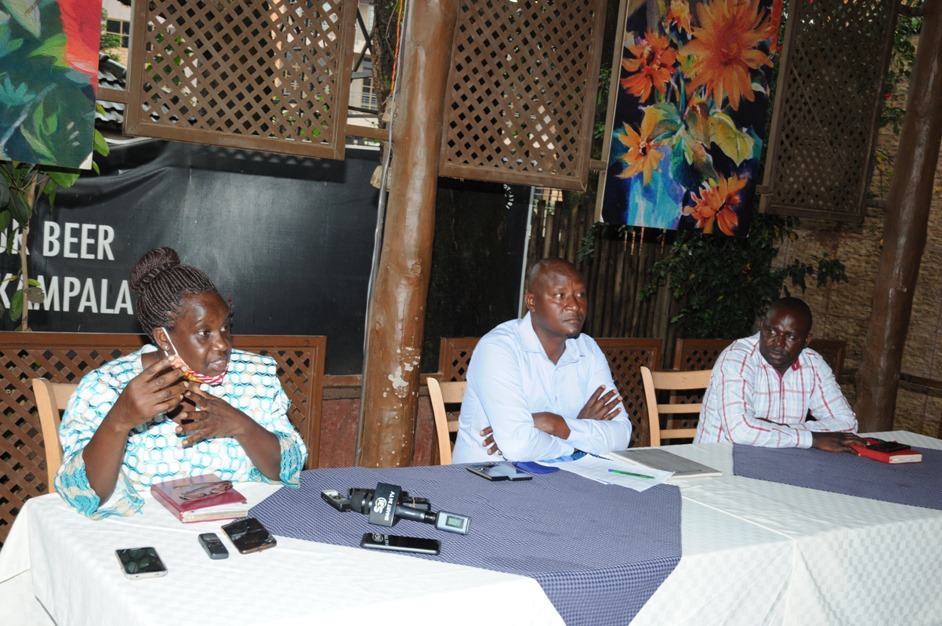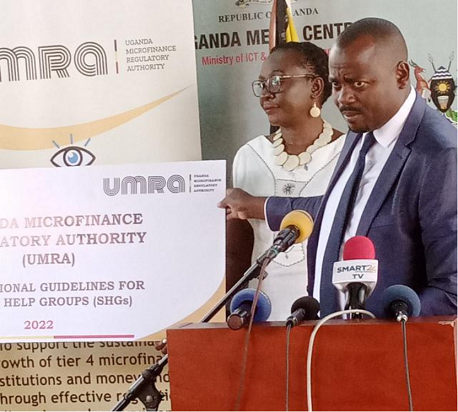A new report has revealed that the increasing number of foreigners engaging in petty trade has infringed on the economic space and livelihoods of Ugandan citizens.
These aliens (foreigners) range from refugees, commercial and professional immigrants and even illegal immigrants in some cases.
This revelation is contained in report of the Parliamentary Committee on Equal Opportunities on the ramifications of the influx of immigrants engaged in petty trade on the economic space and livelihoods of citizens.
“All the witnesses that the Committee interfaced with conceded that indeed the proliferation of aliens into petty and retail trade in Uganda today is a threat to the economic space and livelihoods of citizens,” the report obtained by Business Focus reads in part.
The report says Class F which is for professionals has one of the lowest numbers coming into the country.
“This clearly indicates that the bulk of aliens seeking work permits are ordinary persons who may not even offer an exceptional professional skill. Such ordinary aliens will inevitably jostle for the same economic space with citizens,” it adds.
The Committee notes that there is no actual figure of the exact number of immigrants in Uganda given that besides the 1egal immigrants, there are a host of undocumented illegal ones too.
“With Uganda’s porous borders of the attendant limitations of the Directorate of Citizenship and Immigration Control (DCIC), the phenomenon of illegal immigrants is one to severely contend with,” says the report.
The Committee observed that while the DCIC is mandated by the Uganda Citizenship and Immigration Control Act to manage all matters of migration and immigration including issuance of work permits to and monitoring of all foreign nationals intending to work in Uganda, cases of the proliferation of aliens many of whom are presently operating petty and retail businesses in various parts of Uganda continues.
“Some of these aliens are illegal immigrants while others have breached the terms of their entry permits,” the report says.
The Committee learnt that Directorate has for the last decade or so been understaffed with less than 300 staff.
“The post-entry-monitoring unit that directly monitors aliens upon entry into the country has had only 20 staff. Considering the porousness of Uganda’s boarders it is inevitable to have so many undocumented illegal workers and “investors”,” it adds.
The Committee also observed that while it is in the interest of the country to safeguard the economic interests and livelihoods of citizens, the Uganda Citizenship and Immigration Control Act is silent on this.
Matters are not helped by the seeming absence of a policy and regulatory framework to enhance and protect the economic rights and livelihoods of citizens.
“While Section 82 of the Act for instance grants general powers to the Minister to make regulations for the implementation of the Act, there was no evidence of any regulations in place that deliberately aims at securing the economic space and livelihoods of citizens in the management of immigrations,” the report says
The Committee recommends that the Executive initiates targeted policy and legal reforms in immigrations, investment and business licensing processes to ring-fence certain sectors and trades exclusively for Ugandans.
“The Committee recommends that the said policy and legal reforms be initiated within 6 months,” the report says.
According to a study conducted by Inter Aid, a United Nations High Commissioner for Refugees (UNHCR) Implementing Partner in Kampala, a large number of refugee respondents are making only sporadic income through petty trading, begging, and provision of services such as hair-dressing and translation (InterAid 2011: 18).






